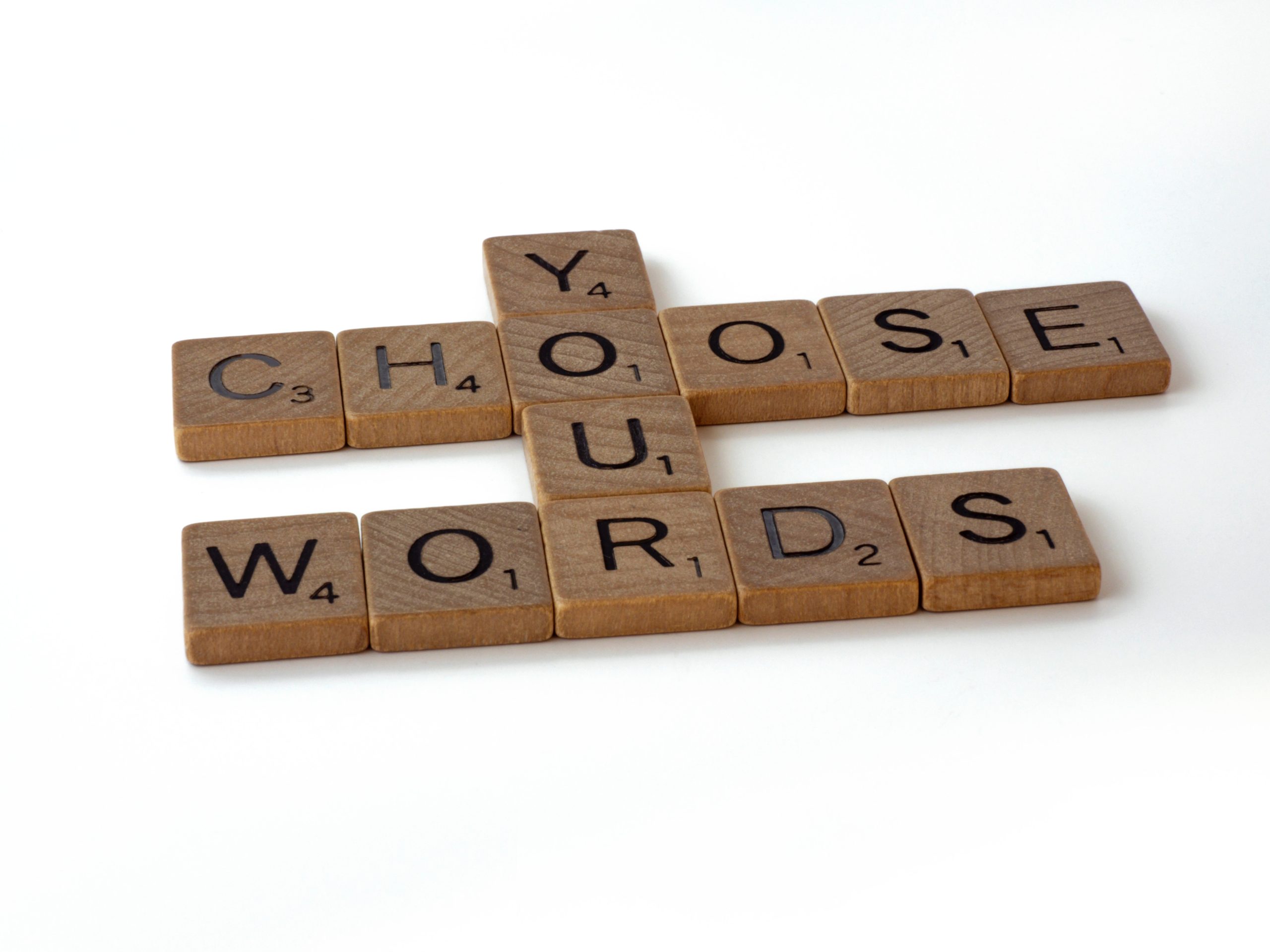| Twenty-five years ago my sister visited me on spring break from college. She was wearing an outfit that I didn’t like. And, lacking any kindness or civility, I voiced my opinion. My words stung, she cried, and to this day I still regret it…
In a 2011 stand-up special, comedian Craig Ferguson shared some wisdom that he says took him three marriages to learn…
Before saying anything, ask yourself:
- Does this need to be said?
- Does it need to be said by me?
- Does it need to be said by me right now?
Does it need to be said?
Just because someone doesn’t dress, talk, or behave like me (and they aren’t causing me or others harm), do I need to say anything at all? Will offering unsolicited opinions and advice contribute to or contaminate the situation?
…by me?
Do I have the relationship or credibility that warrants saying something? Am I the parent, the boss, the mentor, the friend?
…right now?
Is this the right time and place? Are they prepared to hear it? Do I risk embarrassing the person?
So why the dramatic pause to self-edit our comments? Because people are constantly scanning their environment to determine if they are being judged, criticized, or blamed.
And our unsolicited opinions invariably feel like judgment, criticism, and blame – the death knell to trust in any relationship!
Instead, offer people:
- our heart – people need acceptance (they’re already judging and criticizing themselves!)
- our ears – people often simply want a sounding board
- our eyes – people may be seeking fresh perspectives
- our ideas – people might need help solving a problem
“Do you need my heart, my ears, my eyes, or my ideas?” is always more powerful than, “Do you want me to judge and criticize you?” |

![]()


![]()
